絲杠傳動的 “剎車之問”:何時該踩下制動 “踏板”
來源:http://www.for-safe.com.cn/ 日期:2025-07-02 發(fā)布人:
在機械傳動的世界里,絲杠傳動憑借將旋轉(zhuǎn)運動轉(zhuǎn)化為直線運動的性,成為機床加工、自動化設(shè)備等領(lǐng)域的 “得力干將”。但在實際應(yīng)用中,絲杠傳動是否需要制動,就像司機在駕駛時思考何時該踩下剎車一樣,需要綜合多種因素審慎判斷,這背后藏著保障設(shè)備與穩(wěn)定運行的關(guān)鍵邏輯。
In the world of mechanical transmission, screw drive has become a powerful force in fields such as machine tool processing and automation equipment due to its high efficiency in converting rotational motion into linear motion. But in practical applications, whether the screw drive needs to be braked, just like the driver thinking about when to step on the brake while driving, requires careful judgment based on multiple factors, which hides the key logic to ensure the safe and stable operation of the equipment.
從絲杠傳動的工作原理來看,它在運行時會因慣性產(chǎn)生動能,若不加以控制,可能引發(fā)一系列問題。以數(shù)控機床上的絲杠傳動為例,當(dāng)設(shè)備突然斷電或停止運行指令發(fā)出后,如果沒有制動裝置,高速運轉(zhuǎn)的絲杠會因慣性繼續(xù)前進一段距離,導(dǎo)致加工精度嚴(yán)重偏差,甚可能使刀具與工件發(fā)生碰撞,損壞設(shè)備部件。在一些垂直使用絲杠傳動的場景,如升降平臺,若沒有制動,平臺可能因重力作用下滑,造成設(shè)備損壞和事故。因此,從防止失控和保障精度的角度出發(fā),很多情況下制動是必不可少的。
From the working principle of screw drive, it generates kinetic energy due to inertia during operation. If not controlled, it may cause a series of problems. Taking the screw drive on a CNC machine tool as an example, when the equipment suddenly loses power or a stop operation command is issued, if there is no braking device, the high-speed screw will continue to move forward for a certain distance due to inertia, resulting in serious deviation in machining accuracy, and may even cause collisions between the tool and the workpiece, damaging equipment components. In some scenarios where screw drive is used vertically, such as lifting platforms, without braking, the platform may slide down due to gravity, causing equipment damage and safety accidents. Therefore, from the perspective of preventing loss of control and ensuring accuracy, braking is essential in many cases.
制動的必要性還與負(fù)載特性緊密相關(guān)。當(dāng)絲杠傳動系統(tǒng)承載的負(fù)載較大或負(fù)載變化頻繁時,制動顯得尤為重要。比如在重型機械加工中,絲杠需要帶動沉重的工作臺進行往復(fù)運動,啟動和停止瞬間產(chǎn)生的慣性力巨大。若缺少制動裝置,不僅會對絲杠、軸承等部件造成強烈沖擊,縮短設(shè)備使用壽命,還可能因負(fù)載突然變化導(dǎo)致傳動系統(tǒng)振動,影響加工表面質(zhì)量。而在負(fù)載較小且運行平穩(wěn)的場合,如一些輕型自動化檢測設(shè)備中,絲杠運行速度低、慣性小,若制動反而會增加系統(tǒng)復(fù)雜性和成本,此時可根據(jù)實際情況選擇不制動或采用簡單的阻尼措施來減緩運動。
The necessity of braking is closely related to the load characteristics. When the load carried by the screw drive system is large or the load changes frequently, braking becomes particularly important. For example, in heavy machinery processing, the screw needs to drive the heavy worktable to perform reciprocating motion, and the inertia force generated at the moment of starting and stopping is enormous. If there is a lack of braking device, it will not only cause strong impact on components such as screws and bearings, shorten the service life of equipment, but also may cause vibration of the transmission system due to sudden changes in load, affecting the surface quality of machining. In situations where the load is small and the operation is stable, such as in some lightweight automated detection equipment, the screw runs at a low speed and has low inertia. If braking is applied, it will increase the complexity and cost of the system. In this case, it is possible to choose not to brake or adopt simple damping measures to slow down the motion according to the actual situation.
不同的應(yīng)用場景對絲杠傳動的制動需求差異顯著。在高精度加工領(lǐng)域,如光學(xué)鏡片研磨設(shè)備,對加工精度的要求達到微米甚納米級別,哪怕是微小的慣性位移都會影響產(chǎn)品質(zhì)量。這種情況下,必須配備高精度的制動裝置,在設(shè)備停止運行的瞬間迅速鎖定絲杠,確保位置精度。而在一些對精度要求不高的物料輸送設(shè)備中,只要能保證設(shè)備停止,防止意外滑動即可,可選用較為簡易的機械制動或電磁制動方式。此外,在有頻繁啟停需求的自動化生產(chǎn)線中,良好的制動系統(tǒng)能縮短設(shè)備的響應(yīng)時間,提高生產(chǎn)效率,減少因慣性導(dǎo)致的定位誤差積累。
The braking requirements for screw drive vary significantly in different application scenarios. In the field of high-precision machining, such as optical lens grinding equipment, the requirement for machining accuracy reaches the micrometer or even nanometer level, and even small inertial displacements can affect product quality. In this case, a high-precision braking device must be equipped to quickly lock the screw at the moment when the equipment stops running, ensuring positional accuracy. In some material conveying equipment with low precision requirements, as long as the equipment can be safely stopped and prevent accidental sliding, relatively simple mechanical braking or electromagnetic braking methods can be used. In addition, in automated production lines with frequent start stop requirements, a good braking system can shorten equipment response time, improve production efficiency, and reduce the accumulation of positioning errors caused by inertia.
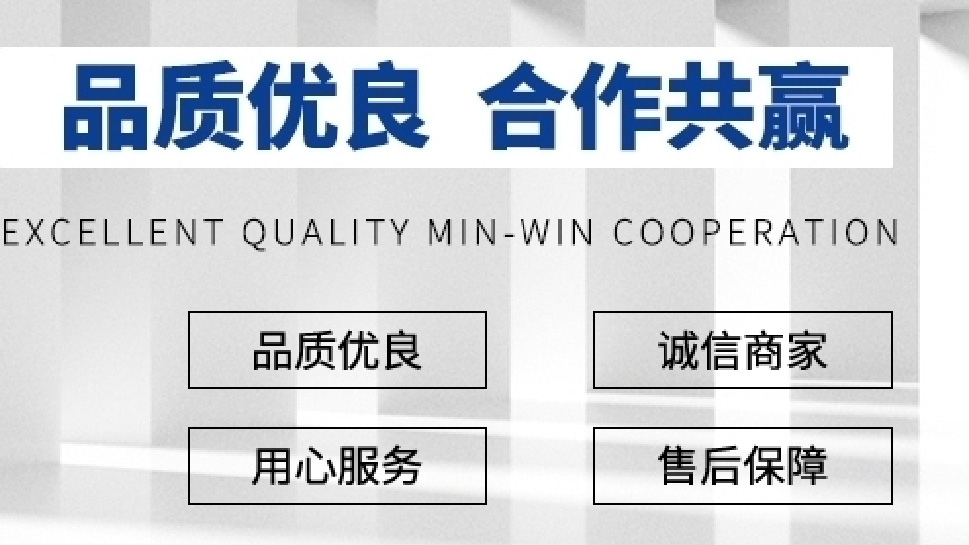
制動方式的選擇也是絲杠傳動制動設(shè)計的關(guān)鍵。常見的制動方式有機械制動、電磁制動和液壓制動等。機械制動結(jié)構(gòu)簡單、成本較低,如采用抱閘式制動器,通過機械杠桿機構(gòu)夾緊絲杠,實現(xiàn)制動,但制動過程可能存在一定沖擊;電磁制動響應(yīng)速度快、控制精準(zhǔn),常用于對制動及時性要求高的場合;液壓制動制動力矩大,適合重型負(fù)載,但系統(tǒng)相對復(fù)雜,維護成本較高。在實際應(yīng)用中,需根據(jù)絲杠傳動系統(tǒng)的具體參數(shù)、工作環(huán)境和成本預(yù)算,選擇適配的制動方式,有時還會采用多種制動方式相結(jié)合的策略,以達到效果。
The choice of braking method is also the key to the design of screw drive braking. Common braking methods include mechanical braking, electromagnetic braking, and hydraulic braking. Mechanical braking has a simple structure and low cost. For example, using a holding brake type brake, the screw is clamped by a mechanical lever mechanism to achieve braking, but there may be some impact during the braking process; Electromagnetic braking has fast response speed and precise control, and is commonly used in situations where timely braking is required; Hydraulic braking has a large braking torque and is suitable for heavy loads, but the system is relatively complex and maintenance costs are high. In practical applications, it is necessary to choose the most suitable braking method based on the specific parameters, working environment, and cost budget of the screw drive system. Sometimes, a combination of multiple braking methods may be used to achieve the best results.
絲杠傳動是否需要制動不能一概而論,而是要綜合考慮工作原理、負(fù)載特性、應(yīng)用場景等多方面因素。合理的制動設(shè)計就像給絲杠傳動安裝了可靠的 “剎車系統(tǒng)”,既能保障設(shè)備穩(wěn)定運行、提高加工精度和生產(chǎn)效率,又能避免因過度設(shè)計增加成本和復(fù)雜性,讓機械傳動在不同領(lǐng)域發(fā)揮出效能。
Whether the screw drive requires braking cannot be generalized, but rather requires comprehensive consideration of multiple factors such as working principle, load characteristics, and application scenarios. Reasonable braking design is like installing a reliable "braking system" for screw drive, which can ensure the safe and stable operation of equipment, improve machining accuracy and production efficiency, and avoid increasing costs and complexity due to excessive design, allowing mechanical transmission to achieve maximum efficiency in different fields. 本文由導(dǎo)軌絲杠友情奉獻.更多有關(guān)的知識請點擊:http://www.for-safe.com.cn真誠的態(tài)度.為您提供為的服務(wù).更多有關(guān)的知識我們將會陸續(xù)向大家奉獻.敬請期待.
This article is a friendly contribution from the guide screw For more information, please click: http://www.for-safe.com.cn Sincere attitude To provide you with comprehensive services We will gradually contribute more relevant knowledge to everyone Coming soon.
 給絲杠 “加 Buf...<>
給絲杠 “加 Buf...<>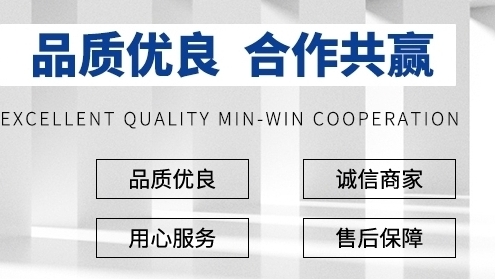 絲杠傳動的 “剎車之...<>
絲杠傳動的 “剎車之...<>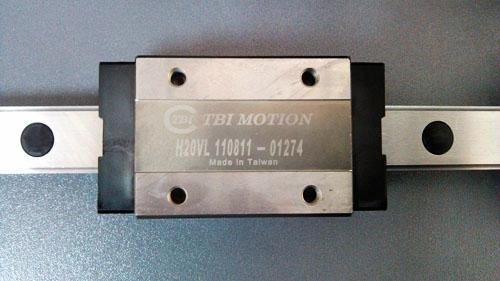 絲杠軸向間隙 “清零...<>
絲杠軸向間隙 “清零...<>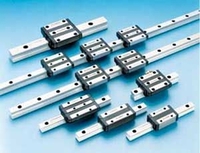 攻克絲杠 “搖擺病”...<>
攻克絲杠 “搖擺病”...<>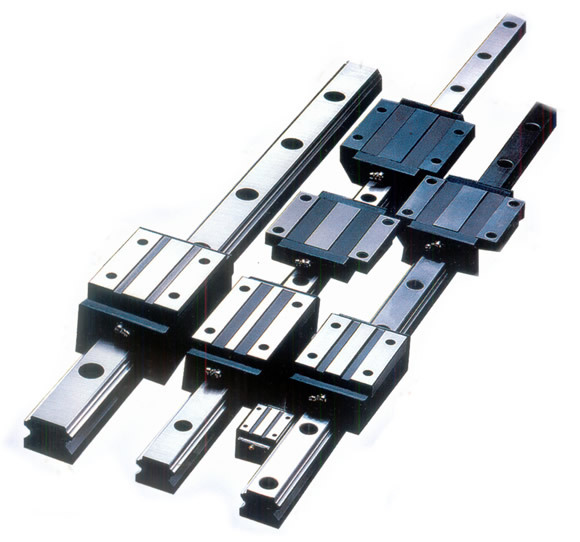 導(dǎo)軌絲杠:那些藏在精...<>
導(dǎo)軌絲杠:那些藏在精...<>




